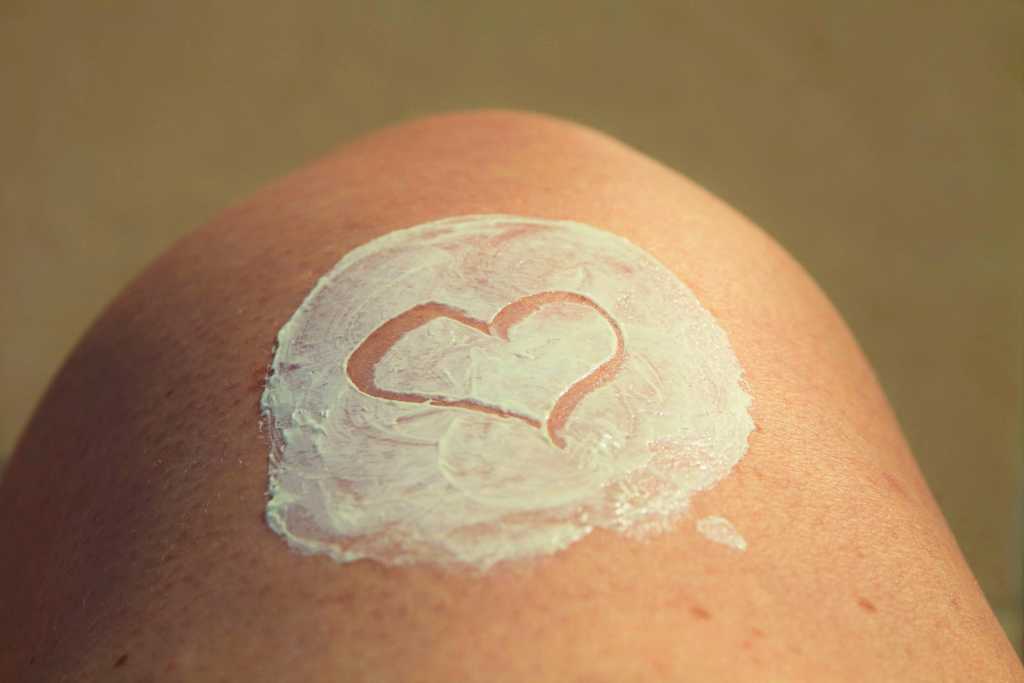Your guide to skin cancer

The deadly disease cancer is on a steady rise. Every day people are losing their loved ones to this disease. The other day while on a coffee break with a colleague we ended up discussing her friend’s story who suffered from skin cancer. We all were surprised as we always knew about this cancer but never came across any incident. She further added that how she ignored it in the initial stages and later she had to suffer because of the same.
After listening to her we at Team AAW decided to inform you all about skin cancer and got Manjiri Patankar Puranik, M.B.B.S., M.D to tell us a lot more:
What is skin cancer?

Skin cancer develops when a cell in the skin goes through a series of changes that make it a cancer cell. Exposure to ultraviolet (UV) radiation – from the sun and other sources such as solariums – is the main factor that causes skin cells to become cancer cells.
Ultraviolet (UV) radiation can damage skin cells and stop the immune system from working properly.
Unprotected exposure to UV radiation can result in:
Sunburn
Premature ageing of the skin and wrinkles
Blotches, blemishes and age spots
Eye damage
Skin cancer
Why 35+ women have the risk of skin cancer much more than their younger counterparts?
The women in late 30’s are more exposed to sun or UV radiations. Secondly not taking measure of SPF application, using cosmetics harmful to skin or improper hygiene makes them pre-disposed to skin cancer.
Is it malignant like other cancer and its effects if not treated on time?
Yes, it is malignant like other cancer and has adverse effects if not treated on time. There are three main types of skin cancer: basal cell carcinoma, squamous cell carcinoma and malignant melanoma. Basal cell carcinoma, is a cancer of the basal cells at the bottom of the epidermis. It’s very common and accounts for more than 75% of all skin cancers. Most of these types are very slow-growing and almost never spread to other parts of the body. They often start as a small, red, shiny spot or nodule that may bleed occasionally
Squamous cell carcinoma is a cancer of the cells (called keratinocytes) found in the outermost layer of the skin (the epidermis). It’s the second most common type of skin cancer. One in five skin cancers (20%) are this type. Usually squamous cell carcinomas are slow-growing and only spread to other parts of the body if they are left untreated for a long time. Occasionally though, they can behave more aggressively and spread at a relatively early stage.
Malignant Melanoma, this is a less common type of skin cancer than the two other types mentioned as above Melanoma behaves differently to basal cell and squamous cell cancers. It can grow quickly and needs to be treated early. This is the one which is malignant with worst prognosis.

What are the most common reasons for skin cancer?
Skin cancer begins in your skin’s top layer — the epidermis because of the following
- Sunlight – It is the main source of ultraviolet (UV) radiation, which can damage the genes in your skin cells.
- Fair skin – The risk of skin cancer is much higher for whites than for dark-skinned ,this is because melanin helps protect against UV radiation. People with dark skin have more melanin. People with fair (light-colored) skin that freckles or burns easily are at extra high risk.
Older age – The risk of basal and squamous cell skin cancers goes up as people get older. Older people have been exposed to the sun for a longer time. Still, these cancers are now being seen in younger people too, probably because they are spending more time in the sun without protecting their skin.
Men – Men are two times as likely as women to have basal cell cancers and about 3 times as likely to have squamous cell cancers of the skin. This could be because they spend more time in the sun.
Chemicals – Exposure to large amounts of arsenic increases the risk of skin cancer. Arsenic is a heavy metal used to make some insecticides. It is also found in well water in some areas. Workers exposed to industrial tar, coal, paraffin, and certain types of oil may have an increased risk, too.
Radiation – People who have had radiation treatment have a higher risk of getting skin cancer in the area that was treated. This can be a problem for children who have had cancer treatment.
Certain long-term or severe skin problems – Scars from bad burns, areas of skin over bad bone infections and skin damaged by certain skin diseases are more likely to develop skin cancer, but this risk is fairly small.
Various other reasons includes –
Family diseases
Weakened immune system
Smoking: Smoking is a risk factor for squamous cell skin cancer, but it is not a known risk for basal cell cancer.
Genetics
What are the symptoms?
Small lump (spot or mole) that is shiny, waxy, pale in color, and smooth in texture.
A red lump (spot or mole) that is firm
A sore or spot that bleeds or become crusty. Also look for sores that don’t heal.
Rough and scaly patches on the skin.
Flat scaly areas of the skin that are red or brown.
Any new growth that is suspicious
Ways to prevent it?
 Most skin cancers can be prevented by staying out of the midday sun.
Most skin cancers can be prevented by staying out of the midday sun.
• Limit sun exposure. Attempt to avoid the sun’s intense rays between 10 a.m. and 2 p.m.
• Apply sunscreen frequently. Use a sunscreen with (SPF) of at least 15 both before and during sun exposure. Select products that block both UVA and UVB light. The label will tell you.
• If you are likely to sunburn, wear long sleeves and a wide-brimmed hat.
• Avoid artificial tanning booths.
• Conduct periodic skin self-examinations.
• Be aware of sun-sensitizing medications: Some drugs, including antibiotics, can make your skin more sensitive to sunlight. Ask your doctor about the side effects of any medications you take.
Can a proper skin care routine prevent skin cancer?
Yes definitely, it’s important to know the cause of skin cancer and work towards the root cause of infection. It’s important to avoid over exposure to UV radiation and take care of the ill effects.
What kinds of treatments are available in the market?
Depending upon the type of cancer there are various modalities of treatments available includes Excisional surgery, Radiation, Phototherapy, Cryosurgery, Laser surgery and Topical medications.
What type of products can cause skin cancer?
Any Cosmetic products which have multiple ingredients with high penetration power reaching up to dermis [ second layer of skin] or any product that can get absorbed easily in skin and blood.
Any skin care tip to prevent skin cancer
Be active in preventing and detecting skin cancer on yourself and others. Perform regular Skin Examination. Avoid unnecessary exposure to direct sunlight. Wear sunscreen daily.
Choose cosmetics that contain the fewest ingredients; these are still effective. As the list of a product’s ingredients grows, so does the possibility that it will cause adverse reactions, including allergy, irritation, and cancer.
Handle all cosmetics in a way that prevents bacterial contamination. Do not leave product containers uncapped.
Do not share your products and use applicator instead of finger tips.














